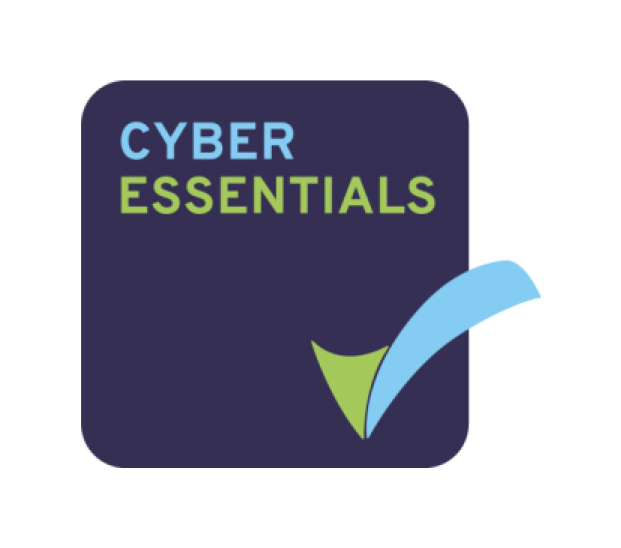
Tax compliance has entered a new era.
Governments worldwide are adopting digital-first tax systems that require real-time data submission, continuous transaction controls (CTCs) and standardized e-invoicing. For finance and ERP leaders, this shift means compliance now happens at the point of transaction, not weeks or months later.
As these frameworks expand, organizations using NetSuite are rethinking how their systems handle tax, reporting and integration across regions. SuiteTax is becoming a key tool for keeping pace with changing legislation and maintaining global compliance at scale.
The rise of real-time tax reporting
Countries across Europe, Latin America and Asia-Pacific are already enforcing real-time invoice validation through CTC frameworks. These systems require companies to send transaction data directly to tax authorities as invoices are issued. The goal is greater transparency and fewer reporting errors, but the change also means ERP systems must communicate continuously with government platforms.
For multinational enterprises, the challenge lies in managing unique regional rules, formats and validation processes. Maintaining compliance across multiple jurisdictions requires precise localization, reliable integrations and constant monitoring.
SuiteTax simplifies this complexity. It provides a unified tax engine that manages indirect tax, supports e-invoicing and enables real-time reporting across different markets.
The technology is effective, but implementation requires deep functional and technical knowledge. Anderson Frank helps enterprises hire NetSuite professionals who can configure and localize SuiteTax, ensuring compliance frameworks are both efficient and secure.
Why SuiteTax matters for global finance
Tax compliance is no longer just a back-office function. It directly impacts cash flow, audit readiness and even market access. As governments modernize tax enforcement, manual processes and regional workarounds are becoming unmanageable.
SuiteTax provides finance leaders with a single, centralized framework that:
- Supports country-specific tax calculation and reporting rules
- Connects to networks like Peppol and certified e-invoicing providers
- Manages indirect tax types including VAT, GST and sales tax
- Enables real-time validation and transaction monitoring
This unified structure gives CFOs visibility into every transaction and reduces the cost and risk of compliance. With consistent data and real-time reporting, leaders can better anticipate liabilities and maintain control over global operations.
For hiring managers, this shift also creates new priorities. Organizations need professionals who combine financial acumen with system expertise to bridge the gap between compliance and operations.
Managing integrations at scale
Real-time tax reporting introduces significant integration challenges. Each jurisdiction imposes its own rules for invoice submission, data formatting and validation frequency.
Examples include:
- Italy’s SDI and Spain’s SII, which require near real-time invoice submission
- France, which is rolling out a phased e-invoicing and e-reporting model
- Mexico and Brazil, which already enforce pre-validation before goods are shipped
These systems demand continuous synchronization between NetSuite and government portals, often processing thousands of transactions daily. Each integration must also stay updated with changing specifications, which vary across markets.
For global enterprises, this requires not only technical skill but ongoing governance. Successful organizations build dedicated tax and ERP teams capable of adapting their systems quickly while ensuring accuracy and compliance. Skilled NetSuite developers, integration consultants and tax specialists are key to maintaining reliable, scalable systems.
Turning compliance into a strategic advantage
While many organizations treat tax compliance as a cost of doing business, leaders who approach it strategically can unlock significant benefits. Real-time tax reporting provides instant visibility into cash flow, liabilities and transaction-level detail. This real-time transparency strengthens financial forecasting, improves liquidity management and enhances audit readiness.
Integrated compliance also reduces risk. With validated data available immediately, businesses can identify discrepancies early, reduce penalties and strengthen trust with both regulators and customers. The result is not only reduced exposure but improved performance and confidence across the organization.
According to the Anderson Frank NetSuite Careers and Hiring Guide 2025, 71% of NetSuite professionals report increasing demand for global tax and compliance expertise, particularly in roles that blend technical and financial responsibilities. That trend underscores the importance of hiring talent who can adapt to evolving regulatory frameworks and manage real-time compliance systems effectively.
Preparing for the next wave of mandates
Global tax transformation is accelerating. The European Union’s VAT in the Digital Age (ViDA) initiative will soon expand real-time reporting across member states, while other regions are introducing their own transaction-level monitoring systems.
SuiteTax and NetSuite’s flexible integration framework give enterprises the foundation to adapt as new mandates appear, but maintaining readiness requires the right people and processes. Finance leaders should invest in governance models, continuous training and technical expertise to manage change efficiently.



